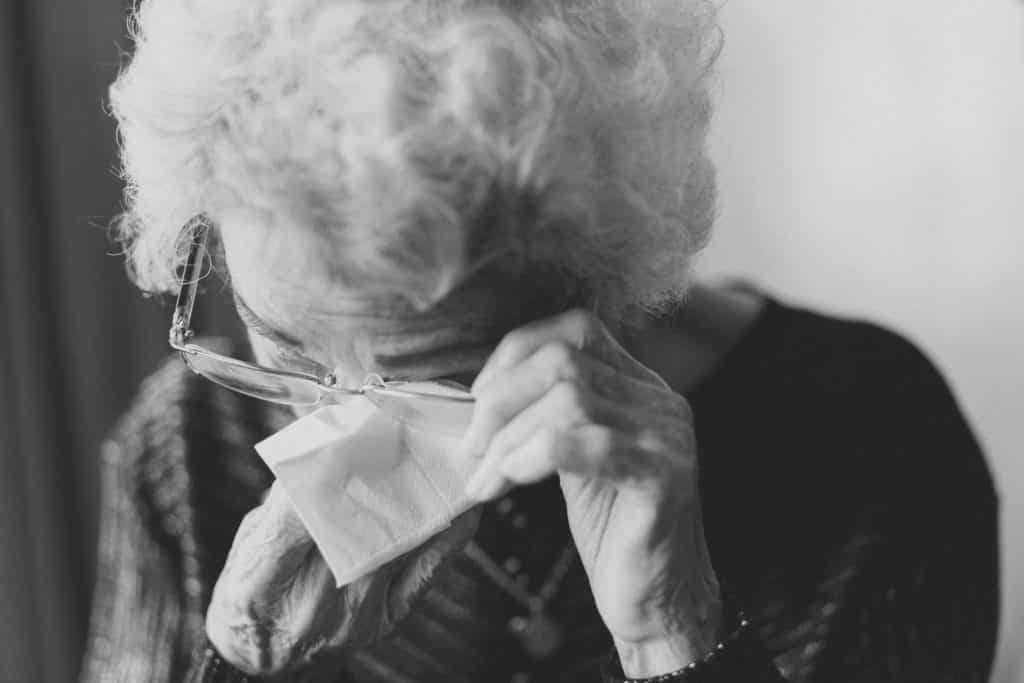Amongst the senior population in the country, almost 20% of the elderly population suffer from mental health disorders. According to the Centers for Disease Control (CDC), roughly one in three of these elderly do not receive the proper treatment that they need.
One of the more common mental health situations with seniors is dementia or cognitive impairment. Many of these seniors do not get diagnosed or the right treatment to take care of their depression or mood disorders.
With depression, there is often severe anxiety. Just like anyone else, stress can influence our elderly severely. In addition to the depression or anxiety they may suffer from with their health condition, their aging also influences their mental health. There is so much to be concerned with during times of a pandemic and isolation. This is especially an important time to take note of your loved one’s mental health state. They are more susceptible to mental health disorders during this time.
Some additional influencers for mental illness in seniors includes:
- Physical disability
- Loss of mobility
- Alcohol or substance abuse
- Dementia-causing illnesses
- Illness or loss of a loved one
- Chronic pain
- Medication
- Poor eating
- Long-term illness
Diagnosing and treating seniors with mental health disorders can be difficult because it’s one thing for them to tell someone a physical issue is going on. However, it is another situation if they don’t feel well psychologically. You can study these five ways to decide if your senior loved one may need a visit to their doctor to discuss their mental health. These five areas you can study are:
- Physical health – How are they eating? How are their pain levels?
- Daily activities – Study their ability to get dressed and care for “normal” duties.
- Safety – How is their ability to drive or handle their finances?
- Mood levels – Do they discuss how they feel hopeless?
- Medications – Are they experiencing side effects or not taking their medication?
During these times of isolation, you should continue to keep an eye on your senior loved one. Don’t hesitate to seek help if your loved one is experiencing any of the symptoms above. Your loved one’s family doctor is always a good place to start. Loved one and caregivers should look for these warning signs that indicate a possible mental health concern in the elderly, including:
- Thoughts of suicide
- Loss of appetite, change in their weight
- Poor concentration and decision making
- Difficulty maintaining their appearance and their home
- Loss of memory
- Talk of worthlessness, helplessness
- Difficulty with finances
- Loss of interest in social activities
- Difficulty sleeping
- Unexplained fatigue
There are solutions to depression in the elderly with various treatments. Some of these effective treatments of depression include psychotherapy, cognitive behavioral therapy, joining a support group and antidepressants.
An additional way to treat mental health is by lifestyle changes. It is important for senior loved ones suffering with mental health disorders to have an increase of social support. Of course, during times of isolation one has to be creative with being supportive of their senior loved one. Encourage them to get out for fresh air. If possible, visit them weekly or find a way to visit them through technology. If possible, prepare or cook fresh meals for them in order to help them eat properly. And help them with remembering to take their medication correctly and on time.
There is always a risk of suicide with major depressive disorder. If an elderly loved one shows any signs of suicidal thoughts or behaviors, it is important to seek immediate assistance. These are suggestions, but we always recommend that you seek proper medical attention when addressing physical or mental health issues.

